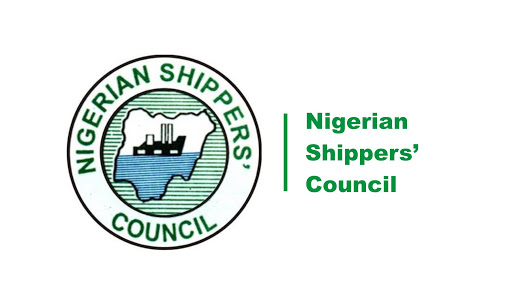The Nigerian Shippers’ Council (NSC) and the Nigerian Ports Authority (NPA) have again raised concerns over the poor state of the country’s seaports. They are now calling for stronger cooperation between the government and private sector to address the long-standing inefficiencies that continue to affect trade and economic growth in Nigeria.
This call came during a stakeholders’ forum organised by the Lagos Chamber of Commerce and Industry (LCCI) in Lagos on Wednesday. The forum, which was themed “Improving Trade Facilitation Through Port Efficiency and Cost-Effectiveness”, focused on how Nigeria can better position its ports to take full advantage of the $3.4 trillion African Continental Free Trade Area (AfCFTA) market.
The Executive Secretary of the Nigerian Shippers’ Council, Dr. Akutah Ukeyima, who was represented by the Director of Regulatory Services, Margaret Ogbonna, said Nigeria must modernise its port operations to benefit from AfCFTA. He noted that inefficiencies at the ports remain a major challenge, with cargo dwell times still as high as 18 to 20 days—far above the global standard of 3 to 5 days.
According to him, “This inefficiency leads to longer delivery times, higher costs, and affects the flow of trade. Nigeria handles over 85 per cent of its trade through these ports, yet port charges are 30 to 40 per cent higher than what is obtainable in other West African countries.”
He said achieving true efficiency will require modern infrastructure, digital processes, and transparent regulation. He also revealed that the Shippers’ Council is working on a Port Pricing Index to monitor charges at ports and prevent overbilling.
On his part, the President of LCCI, Mr. Gabriel Idahosa, said Nigeria’s ports are bleeding the economy of over N2.5 trillion every year due to inefficiencies, congestion, and high handling costs. He said many businesses are suffering and Nigeria is losing its competitive edge in global trade. Idahosa said other countries like Singapore, Rotterdam, and Shanghai have shown that proper investments in automation and infrastructure can transform trade.
He acknowledged efforts like the launch of the National Single Window platform and the construction of the $1.5 billion Lekki Deep Sea Port, but said more needed to be done.
Also speaking, the Managing Director of the Nigerian Ports Authority, Mr. Abubakar Dantsoho, who was represented by the GM of Corporate and Strategic Planning, Seyi Akinyemi, said the NPA is already working to fix some of these problems. He said NPA has automated its billing and Ship Entry Notice systems. He added that over 70,000 trucks are now scheduled electronically through a partnership with Truck Transit Parks, reducing the usual gridlock around the Apapa port.
He said the NPA has started modernising infrastructure at Lagos Port and Tin Can Island Port and is working with the International Maritime Organisation (IMO) to develop a Port Community System that will connect all port stakeholders on one digital platform.
Both NPA and NSC agreed that the government alone cannot fix the problems, and the private sector has a key role to play in modernising port facilities, harmonising operations, and investing in new logistics solutions. Ukeyima warned that if Nigeria’s ports continue to lag behind, the country risks being left out of AfCFTA benefits.
He said, “Efficient and affordable ports are the key to making Nigeria the gateway to African trade. Without fixing our ports, we cannot enjoy the promises of AfCFTA.”
The Shippers’ Council also urged the National Assembly to speed up the passage of the Port Economic Regulation Bill, saying it will help bring fairness, transparency, and accountability to port operations.
Some stakeholders at the forum also complained about the heavy levies imposed by government agencies, especially on importers. They warned that the focus of regulators should not only be about collecting revenue but about improving the business environment.
The Chairperson of the LCCI Maritime Group, Mrs. Funmilayo Folorunso, criticised the absence of the Nigeria Customs Service (NCS) at the meeting. She said the Customs Service is too critical to port operations to ignore such an important conversation on port reform.
